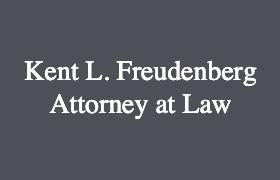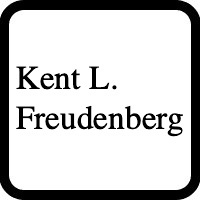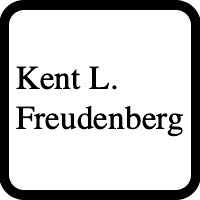Yoder Foreclosure Lawyer, Colorado
Sponsored Law Firm
-
 x
x

Click For More Info:
-
Kent L. Freudenberg, Attorney at Law
115 East Las Animas Street Colorado Springs, CO 80903» view mapDivorce & Family Law Competent Legal Representation
Let the law office of Kent L. Freudenberg, Attorney at Law handle all your Divorce & Family Law needs today!
800-881-7201
Not enough matches for Yoder Foreclosure lawyer.
Below are all Yoder Real Estate lawyers.
Kent Lee Freudenberg
✓ VERIFIEDDivorce & Family Law, Real Estate, DUI-DWI
Kent Lee Freudenberg is a practicing lawyer in the state of Colorado.
Terence Edward Doherty
✓ VERIFIEDBusiness, Real Estate, Estate Planning, Litigation, Intellectual Property
Attorney Terence E. Doherty provides knowledgeable, experienced representation while ensuring that clients receive the individual access and personal ... (more)
FREE CONSULTATION
CONTACTMachelle Gielarowski
Social Security -- Disability, Medical Malpractice, Workers' Compensation, Premises Liability
Status: In Good Standing
Daniel Benjamin Miller
Real Estate, Lawsuit & Dispute, Intellectual Property, Business
Status: In Good Standing Licensed: 18 Years
Matthew James Zendejas
Real Estate, Lawsuit & Dispute, Divorce & Family Law, Business
Status: In Good Standing Licensed: 31 Years
Vincent Lawrence Linden
Landlord-Tenant, Defect and Lemon Law, Immigration, Trusts
Status: In Good Standing Licensed: 31 Years
Jeffrey Lenn Weeks
Real Estate, Wrongful Termination, Employment, Medical Malpractice
Status: In Good Standing
Joy Lynn Carnahan
Landlord-Tenant, Motor Vehicle, Family Law, Car Accident
Status: In Good Standing Licensed: 33 Years
 Kent Freudenberg Colorado Springs, CO
Kent Freudenberg Colorado Springs, CO AboutKent L. Freudenberg, Attorney at Law
AboutKent L. Freudenberg, Attorney at Law


